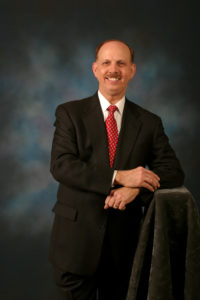Don’t Voluntarily Relinquish Your Medical License or DEA Registration Number, Here’s Why
 By George F. Indest III, J.D., M.P.A., LL.M., Board Certified by The Florida Bar in Health Law
By George F. Indest III, J.D., M.P.A., LL.M., Board Certified by The Florida Bar in Health Law
I am often contacted by clients who are health professionals or own businesses in the health care industry who have been approached by government agents or investigators regarding possible complaints or charges. In many cases, the individuals involved do not think to consult with an attorney until many months later. This may be too late to save the business or professional practice involved. This holds for physicians, dentists, nurses, pharmacists, pharmacies, pain management clinics, physician assistants, group homes, assisted living facilities […]



 By George F. Indest III, J.D., M.P.A, LL.M., Board Certified by The Florida Bar in Health Law and Hartley Brooks, Law Clerk, The Health Law Firm
By George F. Indest III, J.D., M.P.A, LL.M., Board Certified by The Florida Bar in Health Law and Hartley Brooks, Law Clerk, The Health Law Firm


